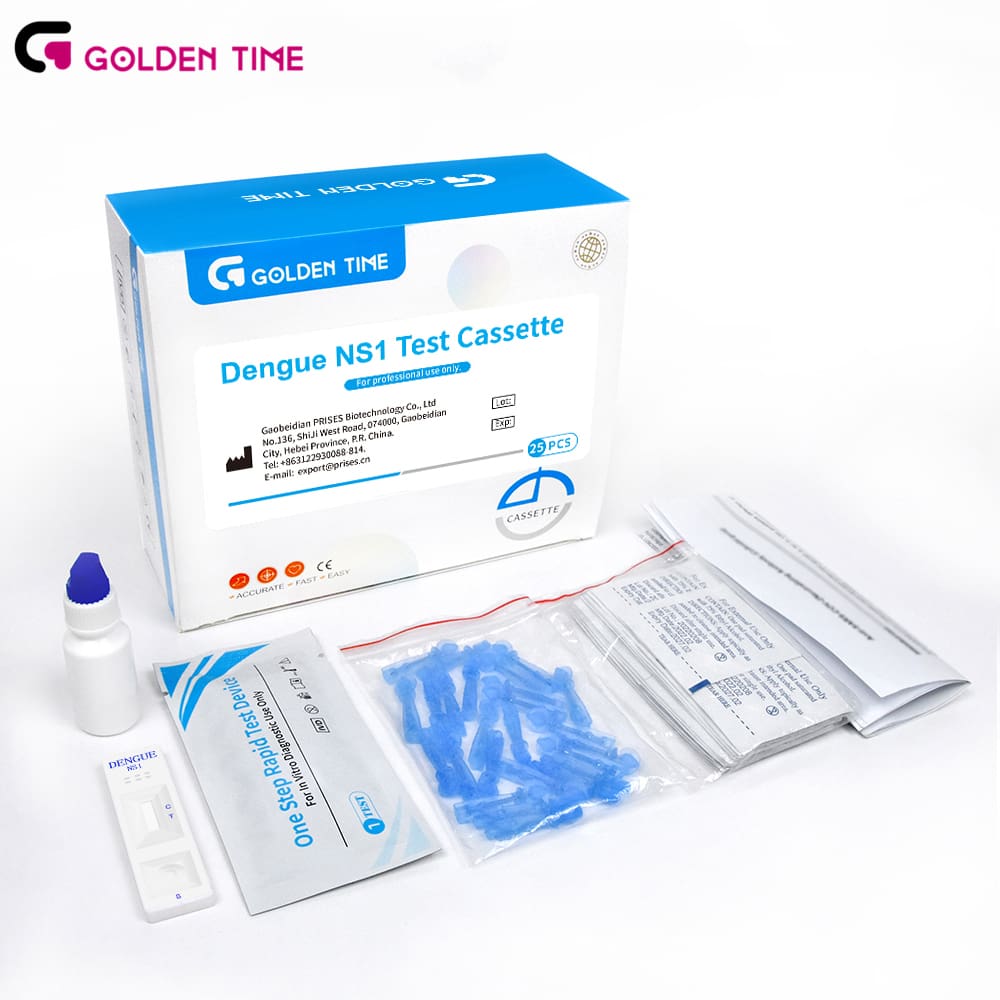Nov . 23, 2024 20:24 Back to list
fecal occult blood factory
Understanding Fecal Occult Blood Testing A Key to Early Detection
Fecal Occult Blood Testing (FOBT) is a non-invasive screening tool crucial for the early detection of gastrointestinal diseases, particularly colorectal cancer. This test checks for hidden blood in the stool, which can be an early indicator of polyps or cancer in the colon or rectum. By identifying these issues at an early stage, patients have a significantly higher chance of successful treatment and recovery.
Understanding Fecal Occult Blood Testing A Key to Early Detection
There are two common types of FOBT Guaiac-based tests (gFOBT) and immunochemical tests (iFOBT). Guaiac-based tests use a chemical reaction to detect the presence of blood, while immunochemical tests specifically target human hemoglobin, providing a higher sensitivity and specificity for colorectal cancer detection. Patients are typically advised to adhere to specific dietary restrictions before the test to reduce false positives, such as avoiding red meat and certain vegetables that can interfere with results.
fecal occult blood factory

The importance of FOBT cannot be overstated. Colorectal cancer is the third most common cancer worldwide and a leading cause of cancer-related deaths. Regular screening via FOBT is recommended, especially for individuals over 45 or those with risk factors, such as a family history of colorectal cancer. Research suggests that regular screening can reduce mortality rates significantly, as early detection allows for more effective interventions.
While FOBT is a crucial component of colorectal cancer screening, it is not the only option available. Other methods, such as colonoscopy, provide a more direct visualization of the colon and can allow for the removal of polyps during the procedure. However, FOBT's non-invasive nature and ease of administration make it an attractive initial screening method.
In conclusion, fecal occult blood testing serves as an invaluable tool in the early detection of colorectal cancer and other gastrointestinal issues. With recommended screening intervals, this simple test can lead to life-saving interventions, underlining the significance of regular health check-ups and proactive healthcare management. Encouraging awareness and adherence to screening guidelines can help improve outcomes and ensure better health for individuals at risk.
-
Highly Accurate hCG Pregnancy Test Strips - 5 Min Results
NewsAug.02,2025
-
Premium Empty ABS Plastic Cassettes: Durable & Lightweight Storage
NewsAug.01,2025
-
Accurate Cocaine (Coc) Rapid Test Kit | Fast & Reliable Detection
NewsJul.31,2025
-
Accurate HCG Pregnancy Test Strips | Fast Home Use Kit
NewsJul.31,2025
-
Reliable Early Pregnancy Test Kit Supplier - Multi Plastic Cassette Options
NewsJul.30,2025
-
Transferrin Rapid Test Cassette – Reliable Tumor Marker Detection
NewsJul.29,2025

